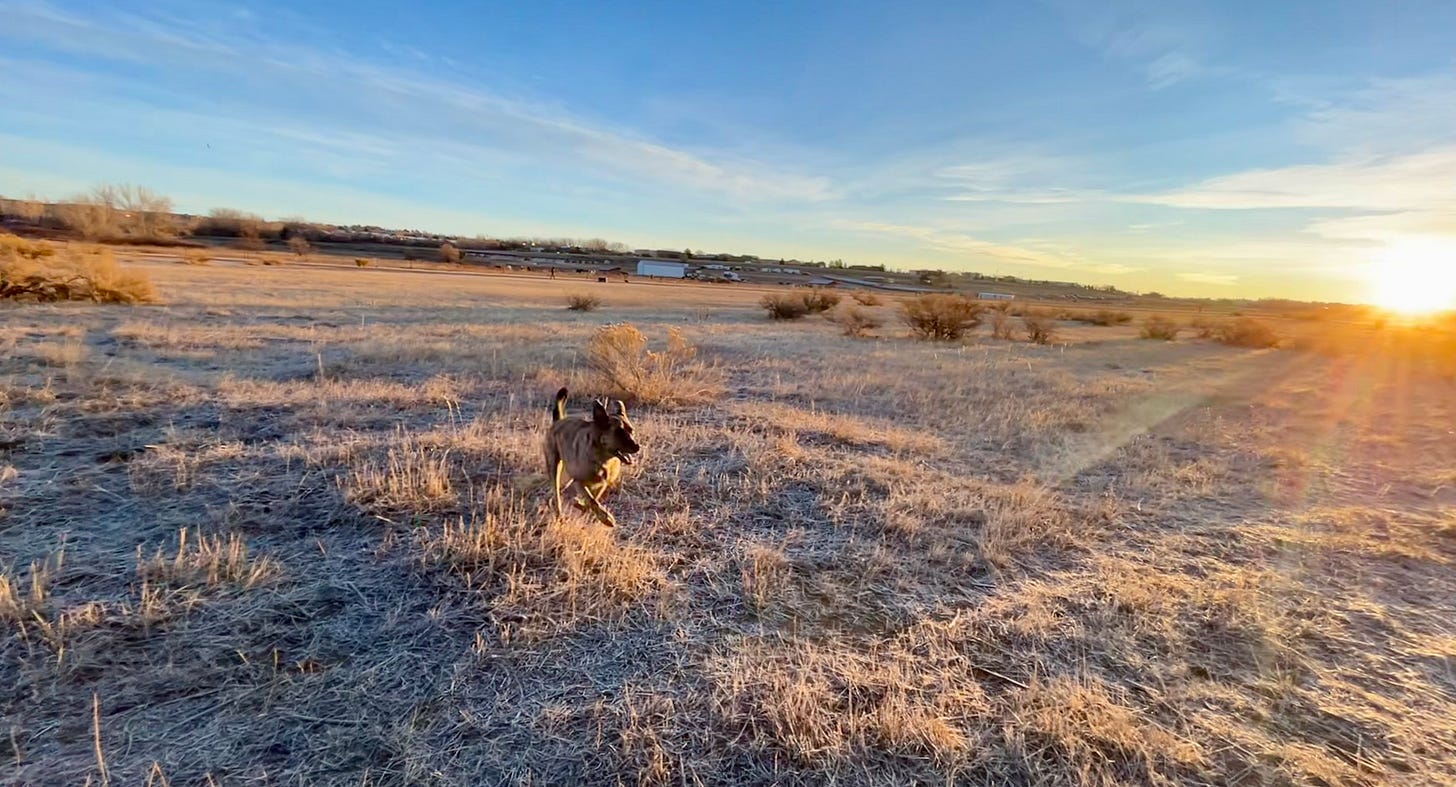The morning after the most recent election, I woke up feeling patriotic.
While the election outcome did not surprise me, the subsequent feeling of patriotism did.
Two months later, I’m not totally sure where it came from. The closest I’ve come to an explanation is that the election results were like a vaccine that activated some latent hopeful-about-the-USA antibodies. (Is that how vaccines work? Should I be HHS secretary now?)
In any event, it’s inauguration day. It’s also MLK day. And it’s the first day of the World Economic Forum, the annual gathering of corporate elites in Davos, Switzerland. (Happy holidays to all those CEOs who celebrate.)
There are a lot of feelings one might be feeling today, including but not limited to: despair, cynicism, indignation, anxiety. I’m feeling some of each.
Mostly, though, I’m still feeling patriotic. Not because I want to see Donald J. Trump take the oath of office again, but for a simpler reason: I’m choosing to feel this way.
The weekend before the election, I republished an article from the summer of 2020 in which I paid tribute to John Lewis, the late congressman and civil rights icon. The article cited Lewis’s 1998 memoir, Walking with the Wind. Lewis wrote:
When I care about something, when I commit to it, I am prepared to take the long, hard road, knowing it may not happen today or tomorrow, but ultimately, eventually, it will happen. That’s what faith is all about. That’s the definition of commitment—patience and persistence. People who are like fireworks, popping off right and left with lots of sound and sizzle, can capture a crowd, capture a lot of attention for a time, but I always have to ask, where will they be at the end? Some battles are long and hard, and you have to have staying power. Firecrackers go off in a flash, then leave nothing but ashes. I prefer a pilot light—the flame is nothing flashy, but once it is lit, it doesn’t go out. It burns steadily, and it burns forever.
I republished the article not because I expected election night to go the way I hoped, but because I feared it would not. I wanted a reminder of what Lewis shared with us through words like those, and through the way he lived his life: that faith is a choice. To have faith in anything—in this case, in the potential and possibility of America—is to choose to believe, as Lewis wrote, that “it may not happen today or tomorrow, but ultimately, eventually, it will happen.”
In an essay earlier this month in The Ink,
remarked on the “many postures of trying”—trying, that is, to figure out where we go from here—that he’d observed since the election. Among them, Giridharadas wrote, was “a posture of rethinking”:The first Trump presidency was a time of great and often smug certitude. He was so wrong that the contrast made us right. He was so against democracy and justice and freedom that anything we did was self-evidently heavenly. But self-righteousness corrodes the soul and the mind. And the long posture of resistance and fury and perma-vigilance has turned many of us into certitude bots instead of people of curiosity. Democracy is all about curiosity, it depends on curiosity, because it is about you and I figuring each other out and then choosing the future together, instead of the king doing it for us. But the moral clarity triggered by Trump’s vacuous viciousness lulled many of us into a dogmatic slumber. Now I see and hear around me people who are getting into a posture of real rethinking, who are returning to curiosity, who are willing to ask real and hard questions about what many of us missed and didn’t see and may not see still. Their posture is not outward but inward.
Since the election, I’ve found a liberating sense of clarity in choosing a posture of rethinking, a posture of patriotism, and also a posture of hope.
I’m choosing to be curious about why things happened the way they did, and what might happen next.
I’m choosing to let go of the constant engagement, the perpetual outrage, the self-righteous sense of indignation that drove much of my reading and writing and thinking and understanding of the world during the previous Trump era. (There’s still plenty of indignation left in the tank, as some forthcoming stories will make clear.)
I’m choosing to pursue empathy—for people who voted the way I did and who might be scared today, and for people who voted a different way and who might be celebrating (and, also, for the vast majority of people who are simply moving forward with their lives as best they can).
I’m choosing to stay in the game for the long haul, because the game is way longer than four years.
Of course, it’s easier for me to make these choices than it is for some. The era of Trump, Musk, et al. is less personally threatening to me than it is for those living in uncertain and precarious circumstances.
But I am not convinced that anyone—including those whose circumstances may become, as of today, more uncertain and more precarious—will not be better off for the belief that we will make it through.
I am choosing to believe that we will.




